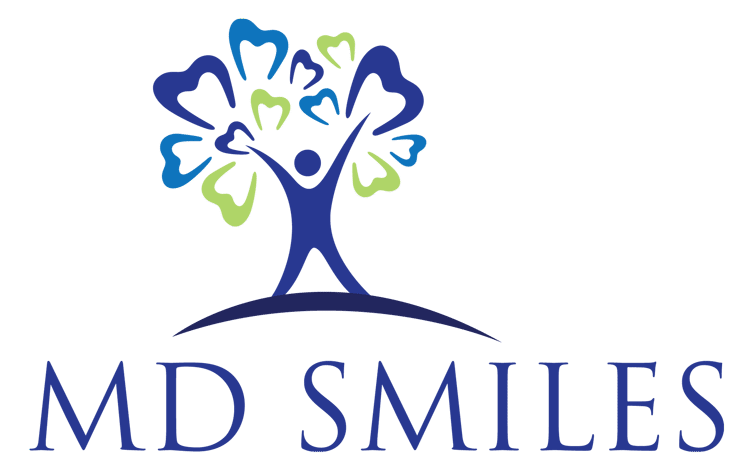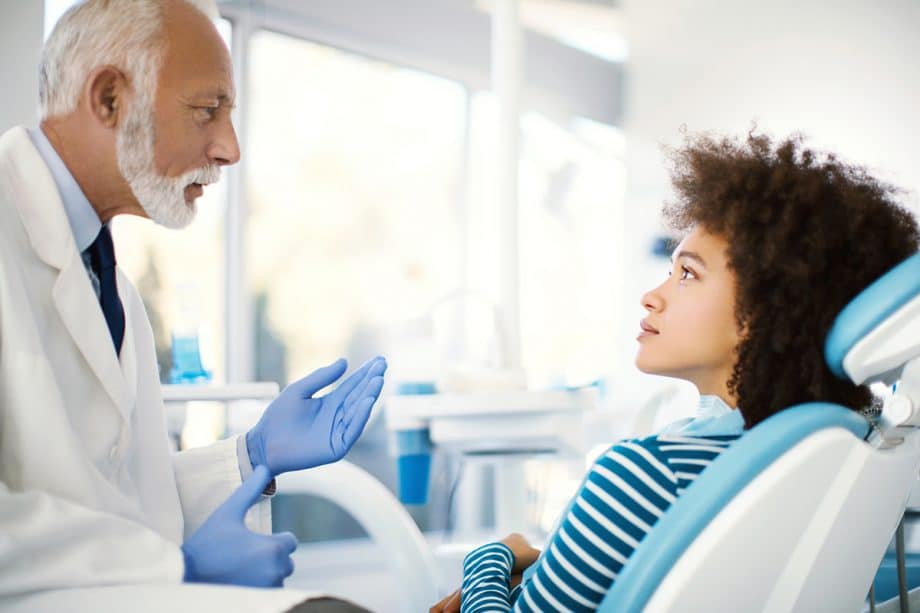Good oral hygiene is essential for maintaining overall good health, but brushing and flossing alone won't get the job done. Professional dental cleanings are essential for removing plaque, tartar, and other debris that brushing and flossing can't eliminate.
But is it possible for a dental cleaning to damage your teeth?
What is a dental cleaning?
A dental cleaning, also called prophylaxis or prophy, removes plaque (a sticky film of bacteria that forms on teeth) and tartar (calculus). Calculus is hardened plaque firmly attached to the tooth surface. It forms above and below the gum line and can only be removed with special dental instruments.
Dental cleanings are typically done by hygienists in a dentist's office. The duration and type of cleaning required depend on the extent of the buildup, the patient's health, and whether there's any inflammation or bleeding of the gums.
Dental prophylaxis should not be confused with periodontal scaling and root planing, a deep cleaning below the gum line performed by a dentist or periodontist (gum specialist).
How often do you need a dental cleaning?
According to the American Dental Association, you should have your teeth professionally cleaned and examined at least once every six months. If you have certain risk factors, such as smoking or diabetes, you may need to visit the dentist more often. Your dentist will let you know how often you need to schedule an appointment.
What happens during your dental cleaning appointment?
The purpose of a dental cleaning appointment is to remove plaque from your teeth and examine your mouth for tooth decay or gum disease symptoms. Your dentist will provide an individualized treatment plan if you have any issues. Most dental cleaning appointments take less than an hour to complete.
Plaque Removal. Plaque builds up slowly over time and can't be removed with flossing or brushing alone; a hygienist must remove it during a professional cleaning. During your cleaning, the hygienist will use different tools to scrape tartar off the surfaces of your teeth.
Polishing and Fluoride Treatment. After tartar has been removed from your teeth, the hygienist will use a rotating brush to polish them and remove any surface stains that may be present. Finally, they will apply fluoride to help strengthen your enamel and protect against future decay.
Can dental cleanings damage your teeth?
You can have your teeth cleaned regularly without worrying that it might damage them.
The risks associated with a dental cleaning are minimal, especially compared to the benefits. However, some of the more common risks and side effects include:
- Soreness for a few days afterward
- Gum irritation
- Minor bleeding after the cleaning
- Minor swelling
Be sure to speak with your dentist or hygienist about any medical conditions you may have so they can take precautions to make sure you receive treatment safely. In rare cases, dental cleanings can cause infections and other complications if you have an underlying medical condition, such as diabetes or heart disease.
Learn More About Dental Cleanings
Keep your smile healthy and attractive. Contact MD Smiles at 410-531-2690. Our professional team is ready to provide you with a warm welcome and high-quality dental care from the moment you walk into our office. Request an appointment online today!

